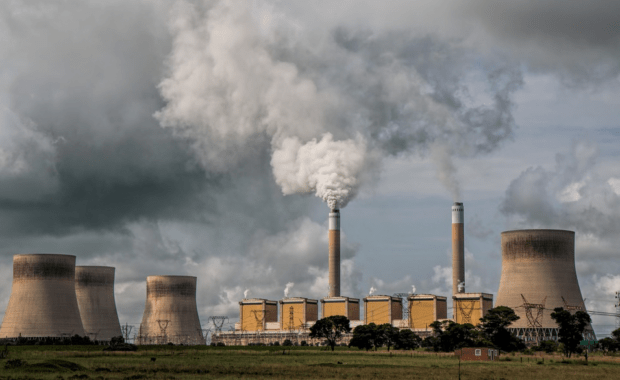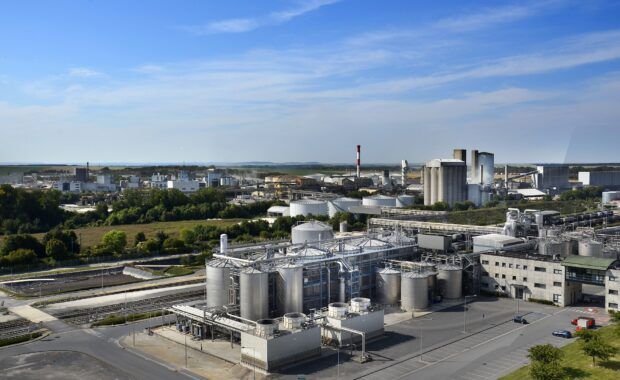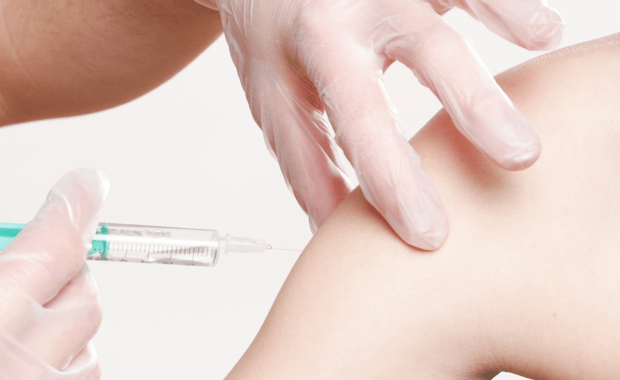All areas of the European Green Deal, from climate action to zero pollution, require considerable changes in societal practices and in the behaviour of individuals, communities, and public and private organisations. These changes concern, for example, mobility behaviour, minimising traffic-related emissions and energy/resource consumption, protecting or restoring biodiversity, etc. including changes achieved through collective and […]
Read MoreH2020. Preventing and fighting extreme wildfires with the integration and demonstration of innovative means
Between 2017 and 2020, fires have killed hundreds of persons and ravaged forests and Natura 2000 sites not only in Southern Europe, but increasingly also in Central, Eastern and Northern Europe. Specific Challenge The Green Deal explicitly calls to “reduce the incidence and extent of forest fires”. It also calls “to boost the EU’s ability […]
Read MoreH2020 BBI. Use biogenic gaseous carbon to increase feedstock availability for the industry
Some sections of the industry are seeking to create a low-carbon emission economy by avoiding or reducing fossil-based carbon emissions or capturing these emissions for storage or use. The bio-based industry can demonstrate efficient recycling and recovery concepts for its biogenic gaseous emissions. Turning biogenic emissions into something of value by producing valuable chemicals contributes […]
Read MoreH2020. International cooperation with Canada on advanced biofuels and bioenergy
The optimisation of advanced biomass supply chains and overcoming specific conversion technology barriers are needed to improve the market up-take of sustainable advanced biofuels and bioenergy and accelerate their deployment for replacing the use of fossil fuels in the transport, power and heating sectors. International collaboration is mutually beneficial in strategic areas where knowledge can […]
Read MoreH2020. Mutual learning and resources for supporting innovation projects of start-ups and SMEs
This aims to enhance cooperation among innovation agencies of the European innovation ecosystem by establishing a mutual learning process at a national and regional level, as well as by developing joint tools and resources to assist start-ups and SMEs to innovate. Objectives The pilot action will create an enhancing, supporting and cooperative environment across EU […]
Read MoreH2020. Shortening the path to Rare Disease diagnosis by using newborn genetic screening and digital technologies
The overall objective of this call topic is to shorten the path to RD diagnosis by using newborn / paediatric (infants during their first weeks of life) genetic screening; and, via application of advanced digital technologies that enable rare disease diagnosis / identification. The latter might require consolidation of existing fragmented efforts. Specific objectives Assessment […]
Read MoreH2020-BBI: Resolve supply-chain hurdles for turning residual waste streams into functional molecules
The specific challenge is to resolve supply chain hurdles and enable the recovery and processing of functional molecules in residual streams from various sectors. Scope Create and integrate a sustainable supply-chain system into a value chain that is capable of using available or new technologies to use functional molecules in residual streams in high-value food […]
Read MoreH2020: Pan-European networks of practitioners and other actors in the field of security
This call of proposal is framed in the work programme Secure societies – Protecting freedom and security of Europe and its citizens that belongs to the H2020 programme. In Europe, practitioners interested in the uptake of security research and innovation are dedicated to performing their duty and are focused on their tasks. In general, however, […]
Read MoreH2020. Innovations to accelerate vaccine development and manufacture
Vaccination is one of the greatest achievements in healthcare. However, developing a vaccine remains costly, time-consuming, and risky. Advances in immunology, disease modelling, in silico modelling, including the analysis of big data and the application of machine learning (ML) artificial intelligence (AI), provide opportunities to innovate, de-risk and accelerate the vaccine-development process. Many of these […]
Read More








